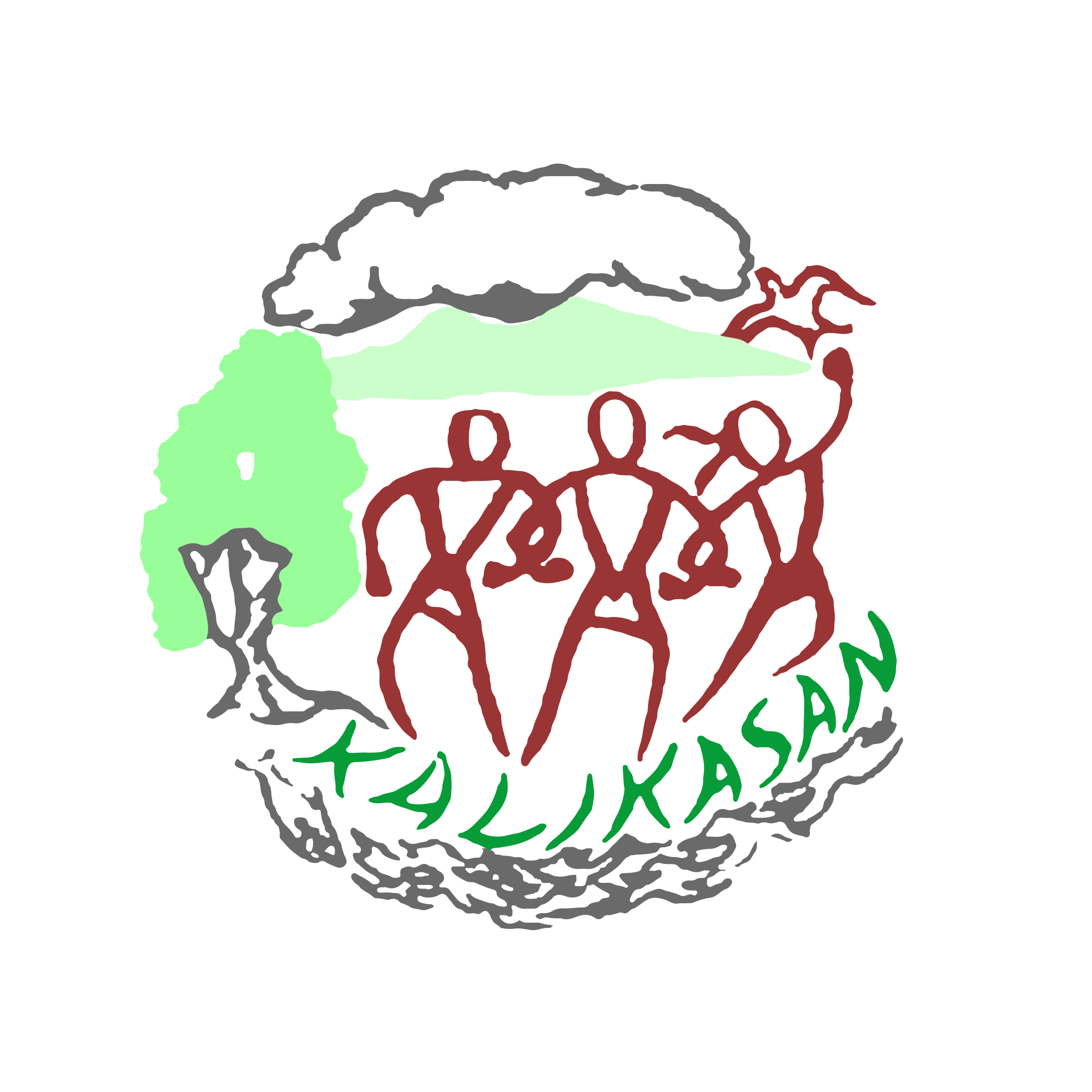International watchdog Global Witness has dubbed the Philippines as the deadliest country in the world for land and environmental defenders. In its latest annual report released today, the death toll in the country reached 30 in 2018 with the massacre of farmworkers in the island of Negros making it a clear hotspot of killings.
“The ecological agriculture that landless farm workers have painstakingly carved out of the vast monoculture plantations of Negros sugar barons have been irrigated with blood and bullets. Since 2017 to date, at least 87 land and environment defenders have been murdered by military, paramilitary troops, and other state forces for carrying out land occupation and cultivation campaigns across the island,” said Leon Dulce, national coordinator of Kalikasan People’s Network for the Environment (Kalikasan PNE), one of the local partners of Global Witness in the Philippines.
“The killing fields of Negros is the single biggest driver of environmental defenders in 2018. Scores more are being killed by the military rampage as we speak,” Dulce furthered.
Among the highlight trends of the Global Witness report raised alarm over the “criminalisation of aggressive civil cases are being used to stifle environmental activism land rights defence.”
Alice Harrison, Senior Campaigner at Global Witness, said “it is a brutal irony that while judicial systems routinely allow the killers of defenders to walk free, they are also being used to brand the activists themselves as terrorists, spies or dangerous criminals. Both tactics send a clear message to other activists: the stakes for defending their rights are punishingly high for them, their families and their communities.”
“Actions against land and natural resource monopolies are increasingly becoming targets of this systematic pattern of violence which the government condones. The unabated killings and the involvement of police, military and even judicial courts in cases of violations is an evidence that these attacks on human rights are state-sponsored. ” explained Dulce.

“We fear that as environmental defenses such as the ongoing people’s barricade against Australian-Canadian miner Oceanagold become more and more the necessary option, so will the reprisals be for corporations and government who refuse to address the roots of the land and resource conflicts.”.
A recently concluded National Solidarity Mission to the Vizcaya people’s barricade against Oceanagold mining revealed that there is a rise in the red-tagging, legal harassment, and threats and intimidation against defenders.
In a post-mission statement, the National Solidarity Mission said “they documented cases of leaders and organizers of the Tuwali Ifugao people’s organizations leading the barricade experiencing a surge of vilification, red-tagging, surveillance, and intrusions in their homes by suspected security personnel of Oceanagold.”
They further stated that “there are also threats of dispersal and harm against the barricade especially in light of Oceanagold’s failure to secure an injunction against Nueva Vizcaya Provincial Government’s restraining order anchored on the expiration of Oceanagold’s Financial or Technical Assistance Agreement (FTAA).”

“The Duterte government has to recognize the legitimacy of the work of land and environmental defenders. The State as primary duty bearer must hold the big businesses and government agencies accountable to the highest human rights standards. The passage of a national law protecting environmental human rights defenders is urgently needed. The United Nation Human Rights Council (UNHRC) resolution to investigate the killings and human rights violations in the Philippines should include the cases among environmental defenders and other political activists.” Dulce ended.#
Main findings of the GW Report:
164 land and environmental defenders were reported killed in 2018, which averages out to more than three a week. Many more were attacked or jailed.
The countries with the highest overall number of recorded deaths were the Philippines (30), followed by Colombia (24), India (23) and Brazil (20).
The sharpest increase in murders came in Guatemala, with a fivefold rise in killings, making it one of the bloodiest countries per capita, with 16 deaths.
Mining was the deadliest sector, with 43 defenders killed protesting against the destructive effects of mineral extraction on people’s land, livelihoods and the environment.
There was an escalation of killings of defenders struggling for the protection of water sources, rising from 4 in 2017 to 17 in 2018.
More than half of 2018 murders took place in Latin America, which has consistently ranked as the worst-affected continent since Global Witness began publishing data on killings in 2012.
Global Witness was able to link state security forces to 40 of the killings. Private actors like hitmen, criminal gangs and landowners were also the suspected aggressors in 40 deaths.
Criminalisation and aggressive civil cases are being used to stifle environmental activism and land rights defence right across the world, including in ‘developed’ countries like the US and the UK.
